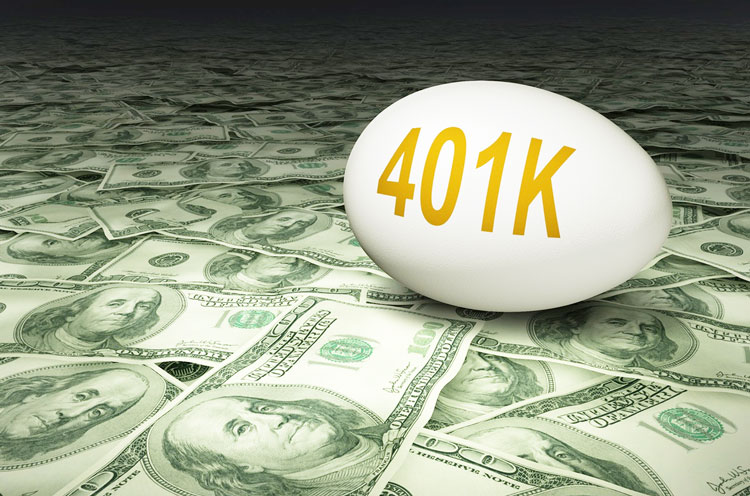
By Rob Longswoth
Business Columnist
We all face countless risks in our lives, and much of the time our options to mitigate them are limited. Yet every once in a while, we encounter an area over which we’re able to exert significant control. One such area is retirement preparation and management, particularly as it relates to pension benefits. How, you might ask, can I gain control over something that seems so simple and provides dependable monthly payments? Or maybe more to the point, why would I choose to potentially upset the apple cart?
The key is to understand that the true value of your pension does not have to be determined by the organization (the plan sponsor) offering it. There is always the option to roll the vested lump sum tax-free into a qualified Individual Retirement Account (IRA). There are two reasons why you may consider a rollover: the ability to invest those funds to meet specific needs and goals within a broader wealth management plan, and the risks inherent in pension plan health and stability.
While pension plans, a defined benefit (DB) tax deferred savings vehicle, have been in use since at least 1875, when American Express established the first private one, it is highly probable that you have access at your job to a defined contribution (DC) plan such as a 401(k). Although DC plans are a much more recent invention, established by The Revenue Act of 1978, their popularity has exploded. According to the Investment Company Institute’s 2015 Investment Company Fact Book, by the end of 2014, American workers held some $6.8 trillion dollars in 401(k) and related DC plans.
In establishing how best to use one or both of a DB or DC plan to provide for your retirement needs, it is necessary to understand the source of plan assets and who manages them. As “benefit” implies, a traditional DB plan is funded by the plan sponsor on behalf of its employees. It is in turn managed by a third party fiduciary, which has many duties, including calculating future payment obligations for a large pool of beneficiaries and investing the plan’s capital accordingly. When the pension payments are received after job separation, they are in most cases taxable at the beneficiary’s then current marginal income tax rate.
Under DC plans, participants contribute their own money pre-tax from their paychecks to an account in their name. They may also receive additional “company match” dollars. Each person is responsible for investing those monies, or may choose to seek consultation from a financial professional in so doing. As with DB distributions upon job separation, or once the age of 70 and a half years is reached (which triggers Required Minimum Distributions), the beneficiary pays income taxes at his or her then current marginal rate.
Because defined benefit plans are managed by a third party fiduciary, the benefits they provide may or may not fit your financial plan. Thus it could be worth considering the financial planning flexibility and investment customization a tax-free rollover provides. This process engenders important questions, including: How much are the payments, and are they meaningful to me? How do they fit into my overall financial needs and goals? Are there other resources available to allow for the rollover balance to be invested with longer term goals in mind? These and many related questions are best considered in close consultation with a financial professional.
A second and equally important consideration is gaining a solid grasp of the health of your plan. While it’s easy to rely on the perceived umbrella of safety that’s provided by a pension plan, it should remain at the forefront of any pension recipient’s mind that many plans, public and private, continue to become underfunded or fail altogether. If you are 100 percent certain that your pension is well managed and that both current and future income does and will meet your requirements, then it’s probably a good idea to maintain the status quo.
However, if you at all question how current or future pension payments will help you reach your goals, or doubt your plan’s long term stability, then you should strongly consider opening a dialog with a financial professional and beginning to explore your options. You may have more control over your pension benefits than you think.
Rob Longsworth is a Wealth Advisor at Greenwich Wealth Management LLC in Greenwich, CT. Email Rob with questions at Rob@greenwichwealth.com or write to him c/o the Greenwich Sentinel, 28 Bruce Park Avenue, Greenwich, CT 06830. Advisory services offered through Greenwich Wealth Management, LLC, an SEC Registered Investment Advisor. Securities offered through Private Client Services, Member FINRA, SIPC. Greenwich Wealth Management and PCS are unaffiliated entities.




